Much like Nintendo was the eponym for “video games” in the 1980s and '90s, Dungeons & Dragons, or simply D&D, is basically that for the TTRPG genre and industry. Tell someone you're playing a TTRPG, and the response will likely be confusion. Say “it's D&D” or that it's “like Dungeons & Dragons,” and they'll probably have at least some recognition, even if they've never played themselves.
Heck, I play Pathfinder on Thursday nights and Starfinder on Tuesday, and I find myself saying that I'm “going to D&D” whenever I mention it.
But there's a whole world of RPGs beyond D&D, despite its market share and brand dominance. Even games like Pathfinder, which are D&D-derivative, have a solid hold on what folks think this type of game is and can be.
That's why I wanted to put this list together. As much as I love D&D, my favorite RPGs at the moment aren't even related to the system in the slightest, outside of using the same dice. That said, these are the top indie and small press TTRPGs you should play this year.
1. Dragonbane
Dragonbane is, hands down, my favorite TTRPG. Not only to play, but to design for as well. Be sure to read my full review of the the Dragonbane core set. Free League took the massively popular Swedish RPG Drakar och Demoner and modernized it into Dragonbane (it's still DoD in Sweden, though).
DB runs on a roll-under, skill-based system. That means there are no levels, and the XP you gain is put toward advancing skills like “Swords,” “Animism,” or “Myths & Legends.” A natural 1 is a critical success, and you do not want to see a nat 20. It takes some getting used to, especially as the game itself is brutal and relatively unforgiving compared to 5e.
Characters will die, but it never feels unfair (ask my players, that's what they said!). More books are coming later this year, with a new worldbook and magic supplement to go along with the core set, bestiary, and adventure path that's already out.
All in all, if you want to play what I think is the best RPG out there, give Dragonbane a shot. You're doing yourself and your adventuring group a disservice by not.
You can get a free Quickstart of Dragonbane on DTRPG.
2. Shadowdark
I thought long and hard about including Shadowdark on this list. Why? Because it's actually based on D&D 5e in the broadest sense possible. But it's so good.
Kelsey Dione took what she liked about 5e, what she thought worked, boiled it down into its simplest form possible, and then added a ton of personality and cool mechanics of her own. And it's great.
Between the light timers and torches mattering and the randomness that comes, the game is a blast and the third-party community is robust and lively. In the end, just because it's based on some 5e mechanics, doesn't mean it's D&D.
At the table, Shadowdark doesn't feel like 5e. It feels like a solid D20 game that you can grasp pretty quickly if you've ever played 5e. That's all.
You can get the free quickstart for Shadowdark on DTRPG.
3. Dreams and Machines
Modiphius makes great games. Their in-house 2D20 system is fun and fast and keeps the action moving along at a snappy pace. It's rare to “fail” at something given how the system is built, and some franchise games like Dune, Fallout, and Star Trek are built on it.
And so is Dreams and Machines. I was sent a review copy of Dreams and Machines, and I've been hooked ever since. The game was my first foray into “hopepunk” which is basically what happens after everyone gets tired of living in a grimdark world and starts to try to make a better place to live.
If the overly serious nature of some TTRPGs gets to you, then Dreams and Machines is a lighter, more optimistic world. There's still darkness, but the point is to move past it, through it, and come out better on the other side. Not to give in.
That alone made it rank this high on my list. The gameplay, setting, and unbelievable art in the books just solidified it.
You can get the free Dreams and Machines quickstart on DTRPG.
4. Blades in the Dark
Blades in the Dark is a heist game that eliminates all the boring parts of RPGs, like setting things up and getting yourself to the action. Everything in Blades starts pretty much in media res, and if you need clarification of why or how you got there, then there is a flashback mechanic where you can sort that out.
It's a TTRPG without the crunch, but there are so many mechanics that just make sense. It's hard to run on a grid, if that's your kind of game, but the character classes, progression, and NPC interactions make Blades in the Dark one of the most unique TTRPGs you're going to find these days.
It's based on the Powered by the Apocalypse engine, but it has a unique enough take on it that it has a licensed Forged in the Dark moniker for games that want its own particular brand of PbtA.
5. Pirate Borg
I don't tend to like pirates. There, I said it. I'm ready for the backlash. I don't tend to like nautical-themed adventures or media, and I get pretty bored by pirate stuff. Pirate Borg is a major exception to that.
It's a D20 game built on being minimalistic, but with enough rules that it feels solid and cohesive. The folks at Limithron are incredibly nice and genuine delights to interact with, and their game design chops is apparent from the moment you look at Pirate Borg's naval combat rules.
Rather than gush about it so much here, check out my full review of Pirate Borg and then go buy the game on DTRPG (or your other favorite RPG storefront.
6. Dukk Borg
Another MÖRK BORG offshoot like Pirate Borg, DUKK BÖRG is one of the coolest books I have in my collection. Now, despite how it looks to English speakers, the MÖRK in MÖRK BORG is pronounced murk. So that makes this pronounced Duck Burg.
If that sounds familiar, good. DUKK BÖRG is an amazing parody of Duck Tales with art and style oozing out of every feather. I was a backer on the Kickstarter a couple of years ago, and when I got the physical book in, I was amazed at the quality and just overall fun I had reading through it and seeing everything.
Just go buy it. It's great and worth every single penny. You do need the MÖRK BORG rulebook to play it, though, but you can get a barebones edition of the core rulebook for free from the creator.
7. Mutant Year Zero
Free League Publishing just doesn't do a bad job on anything, honestly. Mutant Year Zero is one of their flagship games, and its “Year Zero Engine” or YZE is the basis of a lot of their other titles. I would even say that Dragonbane is a very distant cousin to it, if that gives you any indication of how the game plays.
The game itself is a Fallout-like post-apocalyptic wasteland kind of game, but it's honestly a lot weirder than Fallout is. Yeah, that's right. Even weirder. The game sets itself apart from others by having a base-building feature and exploration system that are core to the gameplay loop.
Plus, any game that has “Dog Handler” as one of the classes has my vote for being straight-up awesome and worth my time.
You can get the free Mutant Year Zero starter at DTRPG.
This Only Scratches The Surface
There are so many non-D&D TTRPGs out there that there's no way I can list them all here. While the ones above are my absolute top picks for giving a shot first, here's a list of some of the others you should get your gaming group to try at some point this year (in no particular order).
- Fabula Ultima
- Monster of the Week
- RuneQuest
- Kobolds Ate My Baby
- Kids on Bikes
- Savage Worlds
- Dungeon World
- Coyote & Crow
- Lancer
What is your favorite non-D&D TTRPG? Do you have an indie darling that your table just can't get enough of? Let us know in the comments!
TIP JAR: Help Geek to Geek Go Ad Free!
We hate ads. You hate ads. But they keep the site online. If you like our content, consider helping us out so we can remove annoying banners and pop-ups .


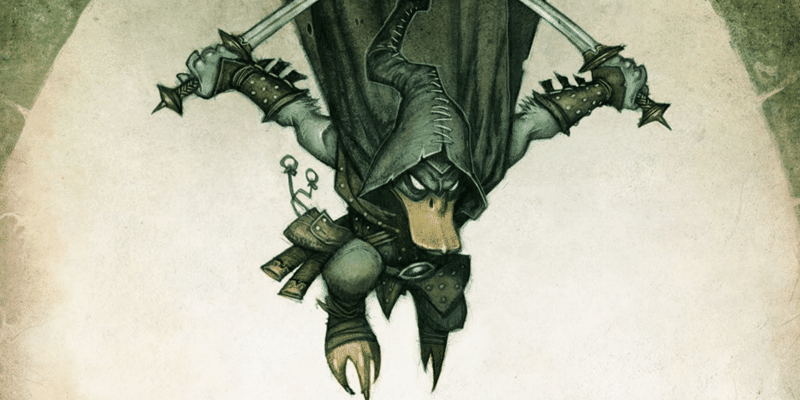
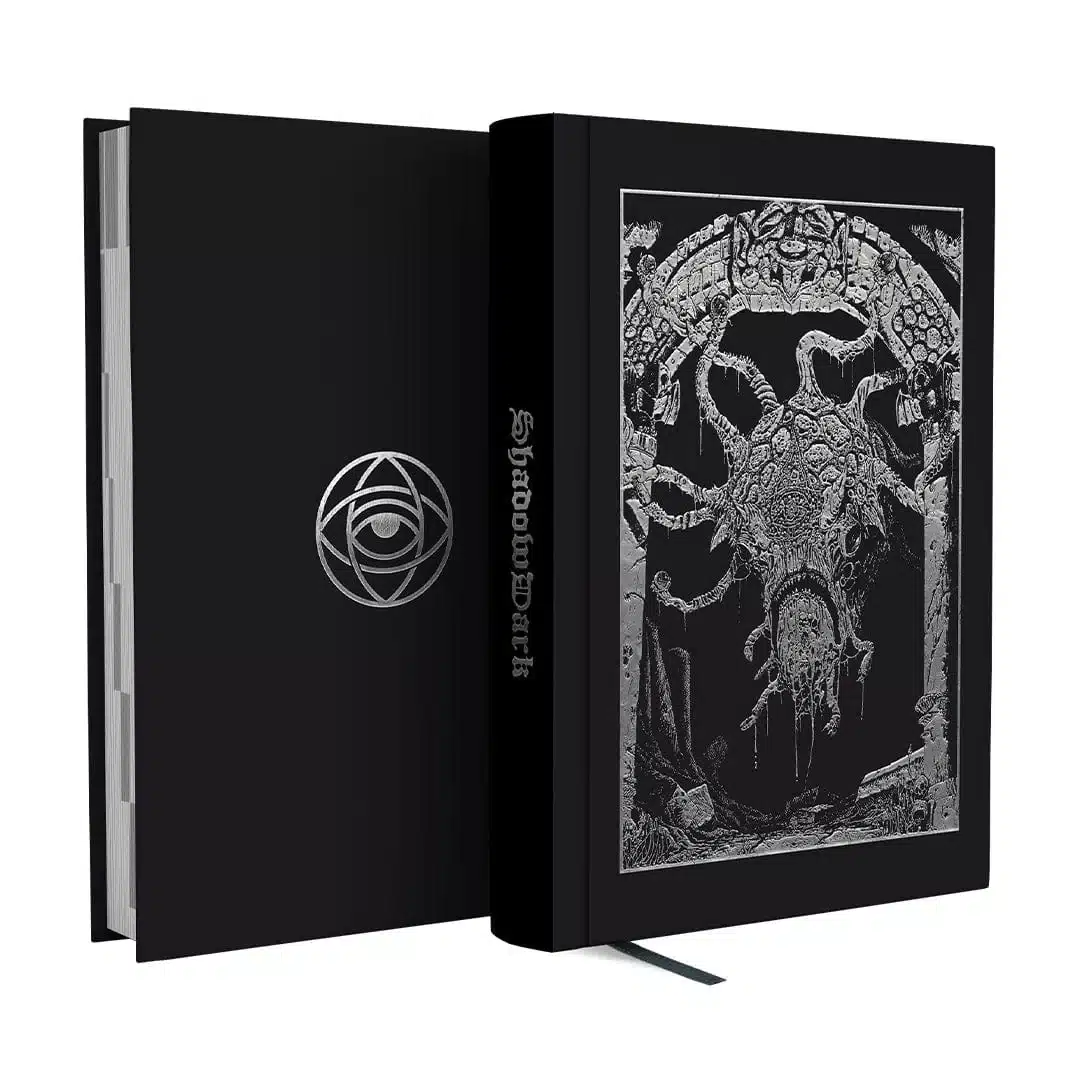
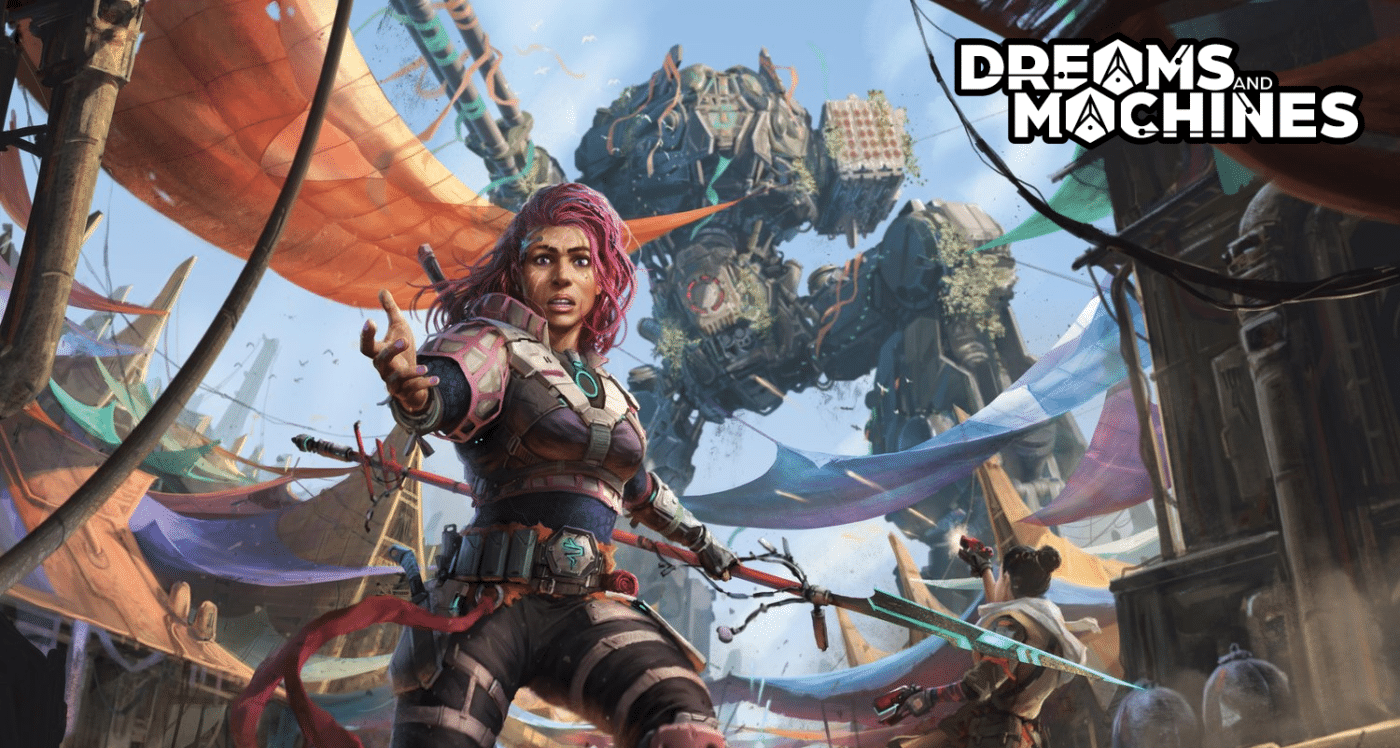

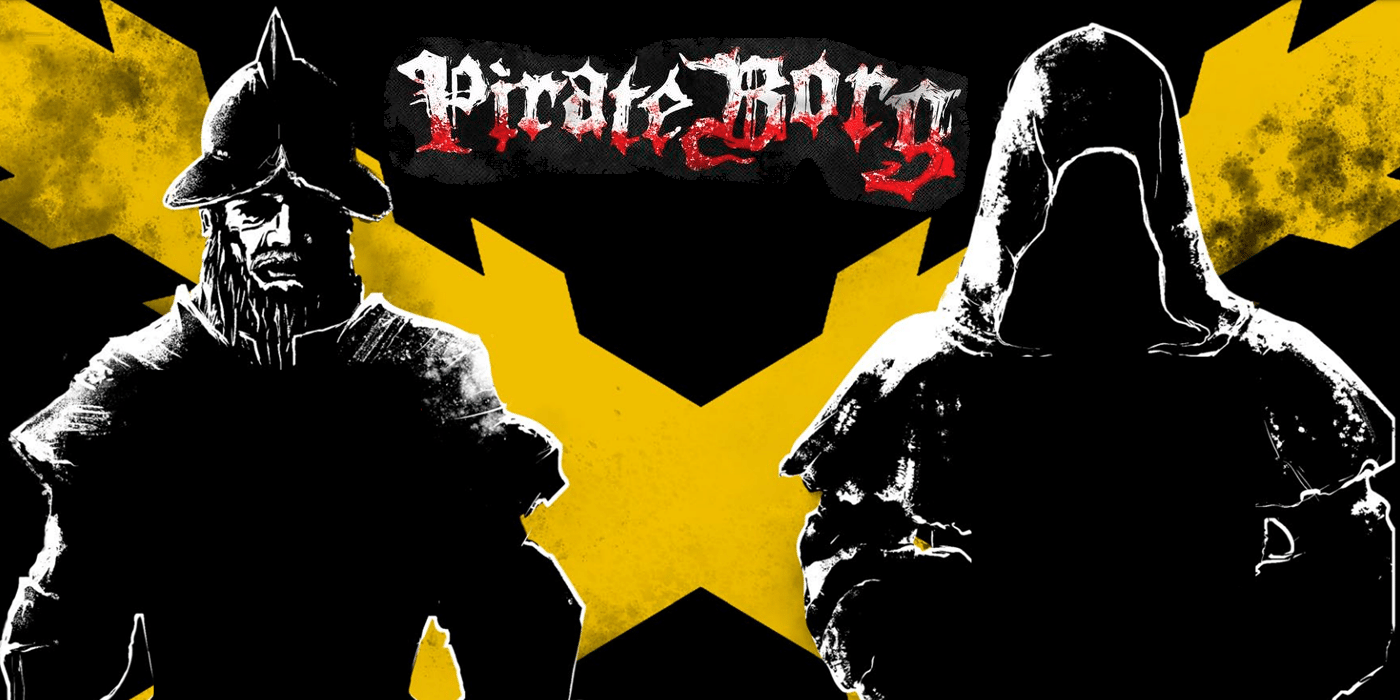
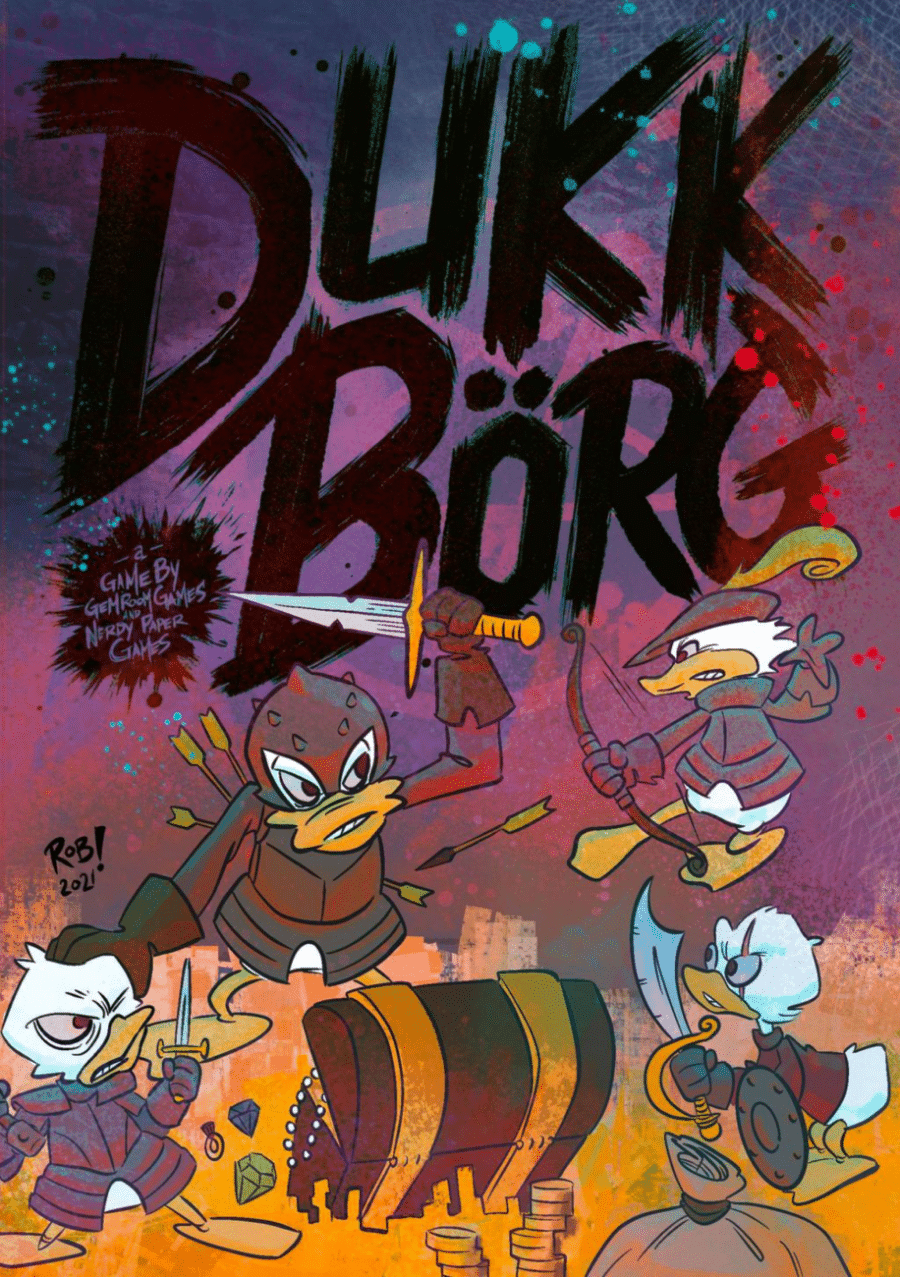
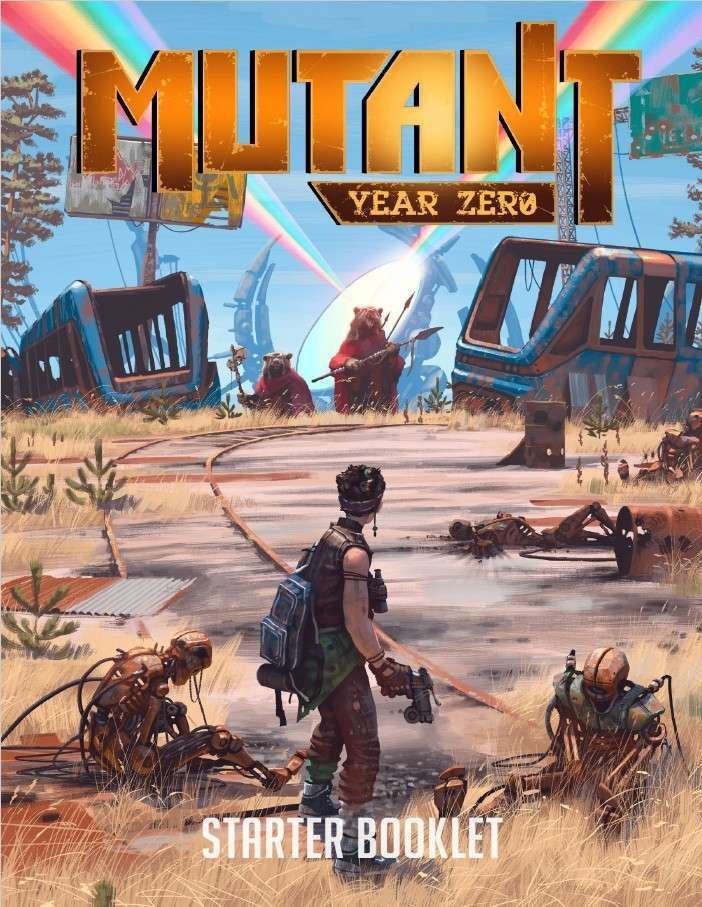
So many! I adore the look and feel of the collaboration-centric Ryuutama and have to shout out Raccoon Sky Pirates, but am particularly excited for an upcoming Lancer campaign for some hex-based Mecha Action!